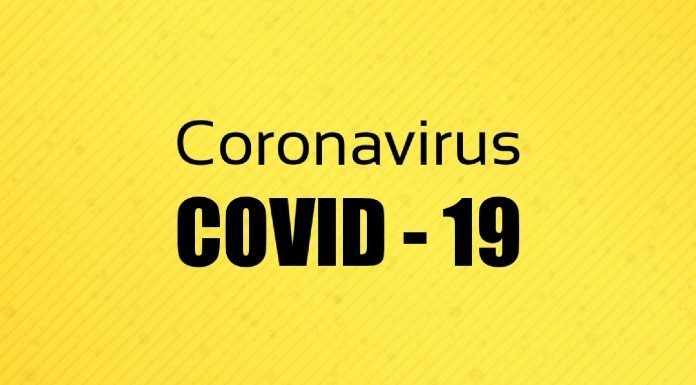The Shannon electoral area has seen the highest rate of COVID cases over the past two weeks.
20 cases of COVID-19 have been recorded there in the two weeks to last Monday, according to new figures released by health authorities.
13 cases have been recorded in the Ennis area, along with five more in the Ennistymon area.
In all of those areas, rates of the virus remain lower than the national average.
Once more, less than five cases have been recorded in the Kilrush and Killaloe Electoral areas.
They’re among only nine electoral areas in the country in which this is the case.
Seperately, the Department of Public Health Mid-West is strongly urging members of the public in Clare and elsewhere in the region to review their Christmas plans, as COVID-19 infections continue to increase at an alarming rate.
Since Saturday, there have been more than 300 COVID-19 cases in the region. The vast majority of these cases have been recorded in Limerick, which has seen one of its largest spikes in infections since the start of the pandemic.
Unlike any other period in the pandemic due to the nature of the festive season, we have seen approximately three weeks of large social gatherings that have continuously intensified to date. Preliminary evidence indicates that gatherings among families, in private households, organised events, and in the hospitality sector, are now associated with outbreaks.
The Public Health Mid-West team is managing outbreaks and new cases in extended families, private households, residential care settings, workplaces, the hospitality sector and in the community.
Dr Rose Fitzgerald, Specialist in Public Health Medicine, said: “We are deeply concerned that the virus, which has been circulating in these social settings for the past three weeks, will now be brought into private households this weekend. It is not too late to change your Christmas plans.
“For the sake of protecting your vulnerable and elderly loved ones, we advise that you avoid visiting them if you have been socialising in recent weeks. Our priority now is to ensure that people avoid high-risk situations this Christmas, so that we can reduce the impact of the virus going into the New Year.”
Dr Marie Casey, Specialist in Public Health Medicine, is advising households who are celebrating Christmas together to still be extra mindful of public health guidelines, bearing in mind that the risk of being infected is rising as the numbers of cases increases.
“This is the time to double down on the things we know that help prevent transmission, minimising contact with other people, social distancing, hand hygiene, good ventilation and wearing masks in public spaces. If you have any COVID symptoms, no matter how mild, please contact your GP who will advise on whether you need a COVID test”.








